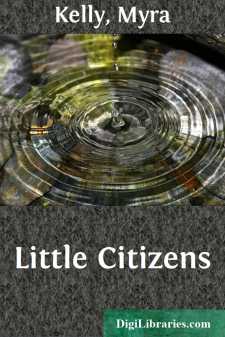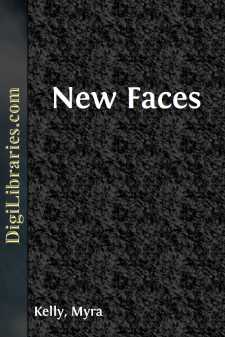Categories
- Antiques & Collectibles 13
- Architecture 36
- Art 48
- Bibles 22
- Biography & Autobiography 813
- Body, Mind & Spirit 142
- Business & Economics 28
- Children's Books 17
- Children's Fiction 14
- Computers 4
- Cooking 94
- Crafts & Hobbies 4
- Drama 346
- Education 46
- Family & Relationships 57
- Fiction 11829
- Games 19
- Gardening 17
- Health & Fitness 34
- History 1377
- House & Home 1
- Humor 147
- Juvenile Fiction 1873
- Juvenile Nonfiction 202
- Language Arts & Disciplines 88
- Law 16
- Literary Collections 686
- Literary Criticism 179
- Mathematics 13
- Medical 41
- Music 40
- Nature 179
- Non-Classifiable 1768
- Performing Arts 7
- Periodicals 1453
- Philosophy 64
- Photography 2
- Poetry 896
- Political Science 203
- Psychology 42
- Reference 154
- Religion 513
- Science 126
- Self-Help 84
- Social Science 81
- Sports & Recreation 34
- Study Aids 3
- Technology & Engineering 59
- Transportation 23
- Travel 463
- True Crime 29
Little Aliens
by: Myra Kelly
Description:
Excerpt
"EVERY GOOSE A SWAN"
An ideal is like a golden pheasant. As soon as the hunter comes up with one he kills it in more or less bloody fashion, tears its feathers off, absorbs what he can of it, and then sets out, refreshed, in pursuit of another. Or if, being a tender-hearted hunter, he tries to keep it in a cage to tame it, to teach it, to show it to his friends, it very soon loses its original character so that beholders disparagingly exclaim: "Why, it's only a little brown hen! Hardly worth the trouble of hunting."
But among the pheasant and the trout of the ideal hunting-fields the true relation between home and school flits ever along the horizon, a very sea-serpent. Every one has heard of it. Some have pursued it. Some even vow they have seen it. Almost any one is ready to describe it. Expeditions have gone forth in search of it, and have come back empty-handed or with the haziest of kodak films. And the most conservative of insurance companies would consider it a safe "risk."
In every-day and ordinary conditions this relation between home and school is really a question of mother and teacher, with the child as its stamping-ground. Two very busy women, indifferent, hostile, or strangers to each other, are engaged in the formulated and unformulated education of the child. To the mother this child is her own particular Mary or Peter. To the teacher it is the whole generation, of which Peter and Mary are such tiny parts.
The ideal teacher is as wise as Solomon, as impartial as the telephone directory, as untiring as a steam-engine, as tender as a sore throat, as patient as a glacier, as immovable as truth, as alert as a mongoose, and as rare as a hen's tooth. But her most important qualification is the power to combine her point of view with the parental one, and to recognize and provide for the varieties of character, temperament, mentality, and physical well-being of the children intrusted to her care.
The average teacher—nearly as elusive as the ideal—is, to a surprising and ever-increasing extent, learning to do this. It is, in fact, a very large part of the law and the prophets in modern pedagogy. The teacher is expected to know, and she generally does know, what, in hospital parlance, is called the "history" of her pupils, and the newer schools are equipped with apparatus for making thorough physical examinations upon which the pupil's curriculum will largely depend.
As rare perhaps as the dodo-bird is the mother who takes an intelligent and helpful interest in the school life of her offspring. She generally regards the school as a safe house of detention, a sort of day nursery of larger growth. Mrs. O'Rourke will send Tim and Pat and Biddy and Jimmy and Mike and Delia, so that she may have leisure to take care of the twins and the baby, and to do the washing; while Mrs. Fitz-Jones will send Robert Albert Walter Fitz-John Fitz-Jones, so that she may be—to quote Browning, and since he's dead whatever he wrote must be considered proper—"safe in her corset lacing," ere she sallies out to bridge. Occasionally the two powers for good and evil in the child's world meet. A large mother will drag a reluctant boy to school, and loudly bewail herself for that she can do nothing with him. He has been dismissed as unteachable by another teacher.
"He ain't, so to speak, bad, miss. He's just naturally ugly an' stoopid. Look at him now," and she directs the general attention to the writhings of her victim. "Would you think I just washed and combed him an' came around—leavin' my housework, too—to ask you to try him? He don't appreciate nothin' I do for him. Just naturally ugly and stoopid."
It may take a week to undo the effects of this introduction and to gain the little chap's confidence....




